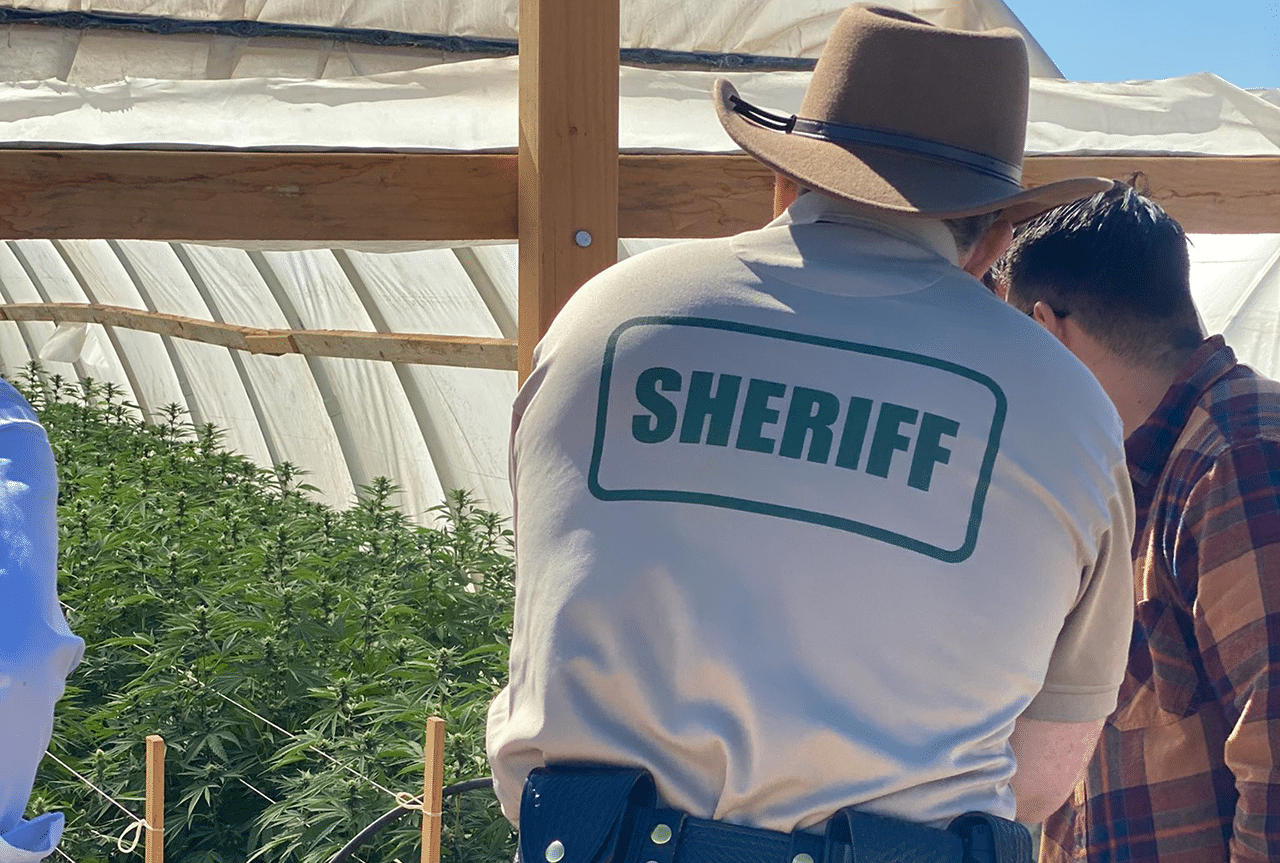
Authorities in Southern California have seized more than 16 tons of marijuana worth an estimated $1.19 billion, Los Angeles County Sheriff’s Department officials said Wednesday. The 10-day sting is the largest eradication of illegal marijuana cultivations in the history of the department.
The operation, which began on June 8, resulted in 22 felony arrests, 109 misdemeanor arrests, and 19 arrests from water theft enforcement teams, officials said. More than 200 locations were served with search warrants. Nearly 375,000 marijuana plants and 33,480 pounds of harvested marijuana were seized, along with 65 vehicles, 180 animals and $28,000.
Officials say they believe international cartels are behind the illegal large-scale marijuana farms.
“We’re talking about the cartels,” Lancaster, California, Mayor Rex Parris said at a Wednesday press conference. “We are not talking about mom and pop people selling marijuana that they grew in their backyard. This is the cartels. We are very very close to driving down the freeway and seeing bodies hanging from the overpasses. That is what’s coming.”
While California legalized the recreational use of marijuana in 2018, illegal grows of the crop have been on the rise in the state. Detectives from the Los Angeles County Sheriff’s Narcotic Bureau identified over 500 illegal marijuana cultivations in 2021, increasing from the 150 identified in 2020, according to a June statement. Detectives found that the average size per cultivation at farms increased to 15 greenhouses, up from eight per farm in the year prior.
“What we want to do is send a clear and loud message to the cartels and anyone doing an illegal operation in the high desert: Your days are over and we’re coming for you,” said Los Angeles County Sheriff Alex Villanueva.
Los Angeles County Supervisor Kathryn Barger said the impacts of illegal marijuana cultivation by cartels include water theft, human trafficking, pollution and threats to safety and security.
She called on the district attorney to prosecute those arrested in the operation. Villanueva said that he will share the district attorney’s prosecution decision publicly once it’s made available.
“This is an issue that is plaguing, and will continue to plague, if we do not make it very uncomfortable and one way to make it uncomfortable is to prosecute,” Barger said.






